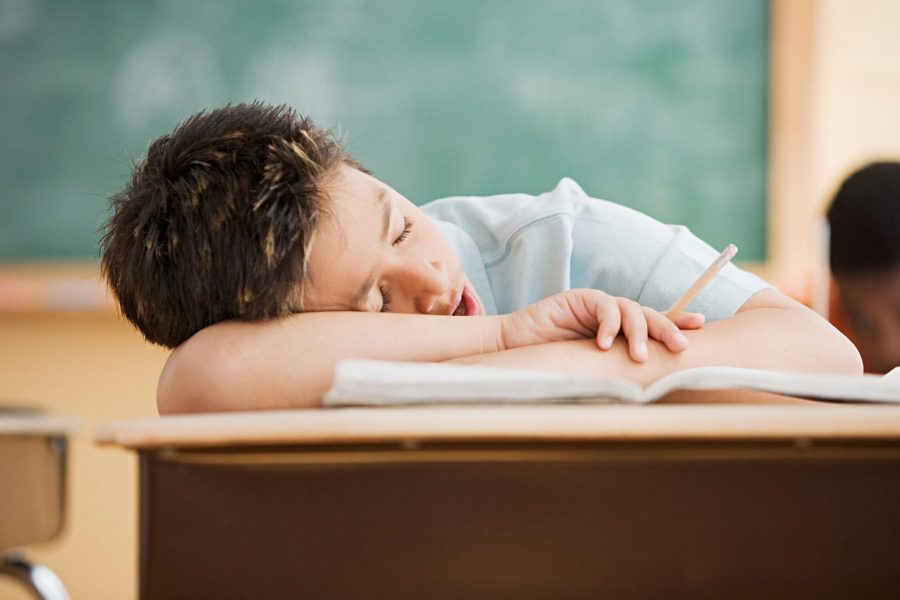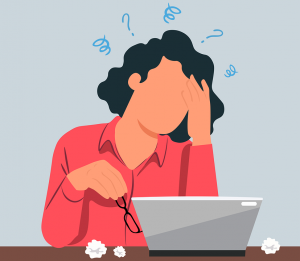New School Start Times Can Change Lives
December 21, 2021
When was the last time you saw someone sleeping in class? Last period? First period? Many high school students fall asleep during class due to lack of sleep and how early school starts. As a matter of fact, “At least once a week, more than one-quarter or 28 percent of high school students fall asleep in school and 14 percent arrive late or miss school because they oversleep,” according to Robert Wood Johnson University Hospital.
School should start at a later time because students are continuously becoming more tired and stressed due to their overload of work and activities.
Most schools across the country start at 7:30 a.m. Considering the time it takes to get ready, students would have to wake up at around 6:30 if they want to have a productive morning, which is what schools always encourage. With these late and tired mornings, students could forget to eat breakfast, or even brush their teeth, which sets off a bad mood for the rest of the day. If students are unnaturally waking up that early, it is very hard to focus in school and most kids end up falling asleep during class.
Some students work after school, come home late, and do their homework until late at night. By the time sports, work, and homework is done it is already 12:00 a.m, which only gives students about 6 hours to sleep, two hours less than the recommended 8.
According to the CDC, “Not getting enough sleep is common among high school students and is associated with several health risks including being overweight, drinking alcohol, smoking tobacco, and using drugs, as well as poor academic performance.”
It is clear that not getting enough sleep can lead to several health risks, mentally and physically. Even by just pushing back the start time to 9 a.m., these risks can significantly be eliminated. By getting an extra hour of sleep, students can be more productive in school because it will make them less tired and more focused.
Not only does an extra hour eliminate risks, it also introduces a lot of benefits. According to the Sleep Foundation, more sleep improves attendance at school, decreases tardiness, improves grades, decreases falling asleep in class, reduces depressive symptoms, eliminates disciplinary issues, and even decreases the amount of motor vehicle crashes. A study by the Sleep Foundation found that “a 16.5% decrease in the teenage crash rates after the school start time was pushed back one hour.”
Some may argue that if school start time is pushed back an hour, classes will be shortened and there will be less learning. However, taking out an hour of the day will only shed off 10 minutes of each class period, and teachers are usually already done with their lesson by the time the class is over.
Sports and activities would still go on throughout the day, and it would still seem normal. A full hour of class usually decreases a student’s focus anyway, so shortening them ten minutes could make the day much more efficient.
Schools in the United States should start school at 9 a.m. so students are able to be more attentive towards their classes, have a good night’s rest, and have less stress. With starting school later in the morning, it will allow students to show their full potential in classes.








